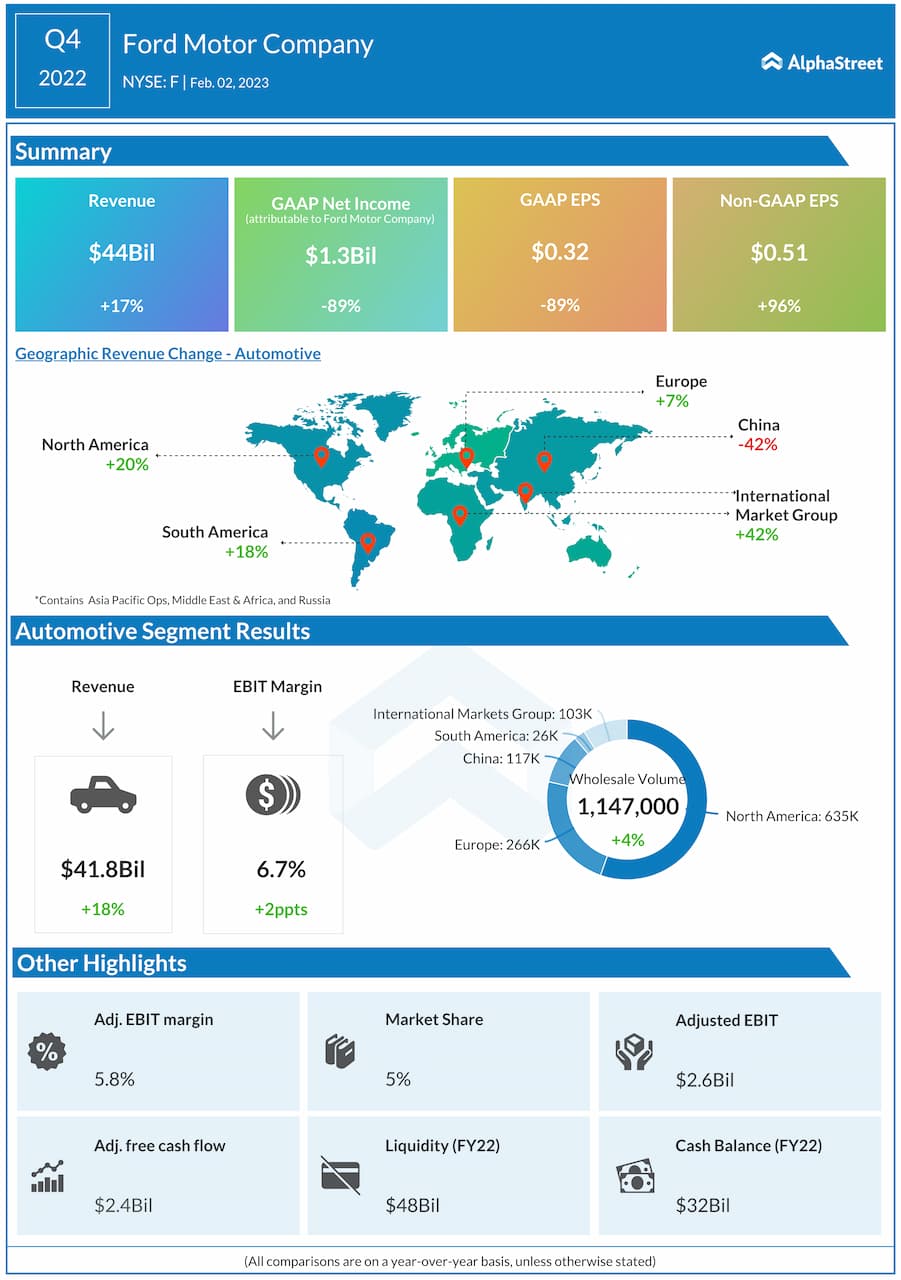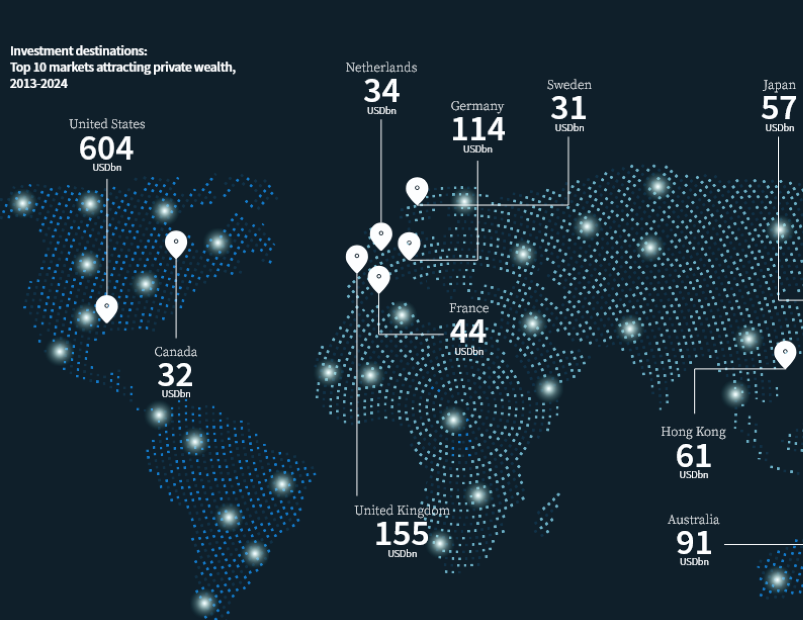The Sunshine State is hot, both in temperature and in its housing market. Siesta Key Beach on Florida’s west coast is consistently ranked one of the best beaches in the world. The area has an obvious draw that brings new residents in droves—it’s been one of the fastest growing parts of the country over the last decade—along with travelers willing to pay an average of $248/night in popular destinations like Sarasota. But Hurricane Ian is estimated to have caused $67 billion in privately insured losses and an additional $10 billion in losses from the National Flood Insurance Program (NFIP), according to risk modeling company RMS.
What will happen to the area’s real estate, rental, and insurance costs after this catastrophic event? That remains to be seen, but Florida’s coastal homes may become even more out of reach for everyday homebuyers, shifting the market into the hands of wealthy investors who can still make a killing on vacation rentals.
What Happens to Real Estate Prices After Hurricanes?
After each of the most expensive hurricanes over the last 32 years, the areas impacted saw greater home value appreciation in the year following the event than the year before. For example, Miami’s appreciation before Hurricane Andrew was 3.5%, but it grew to 8.7% in the year following. The trend was the same even when the appreciation was taken as a percentage of overall appreciation for the nation, which helped to remove other factors affecting home values.
A separate study looking at zip code-level data found a temporary dip in home values in the immediate areas directly hit by a hurricane but a strong recovery in the long run. Eventually, growth in areas hit by a hurricane outpaced growth in similar unaffected areas. That’s consistent with the Federal Housing Finance Agency’s data, which found that the hardest-hit area of Florida after Hurricane Andrew experienced a decline in transactions and stable appreciation immediately following the hurricane, with accelerated growth later on.
A National Association of Realtors case study looked at hurricanes that made landfall in Florida in 2004 and 2005 and found that even five months after the 2005 hurricanes hit, affected regions were seeing a reduction in home sales, which the authors attributed to rising insurance costs. But the area eventually rebounded as well.
Supply and demand explain the phenomenon. When homes are destroyed, people seek new places to live. The shortage of homes and increased building costs raise the prices of available homes in the surrounding areas. What’s surprising is that people are increasingly moving into hurricane-prone areas. It’s not just the locals relocating.
Will Florida’s real estate market accelerate as historical data suggests? Or will this be a different crisis? To answer this, it’s important to understand what was happening with homebuilding and insurance rates before the storm struck.
Development and Insurance Before Ian
When the demand for housing in a coastal state is high, real estate developers will build. Even if it means building on top of a natural wetland marsh that would leave inland areas even more vulnerable to a storm surge. The dredge-and-fill technique, which involves piling up land taken from underwater, was used to increase the availability of waterfront housing in Florida through much of the 20th century, despite the environmental fallout.
Then, in 2011, Florida’s former governor, Rick Scott, eliminated the state agency responsible for evaluating the risk of development and limiting new construction in vulnerable areas. Rampant development went unchecked, potentially causing more destruction when Ian made landfall and angering reinsurers.
After Hurricane Andrew devastated Miami in 1992, most major national property insurance companies stopped doing business in Florida or began writing fewer policies. All that was left were smaller insurance providers that heavily relied on reinsurance companies, along with Citizens, a state-mandated insurer that is designed to provide last resort coverage to homeowners who lack options for private insurance. It’s a nonprofit funded mainly by homeowner premiums and special assessments.
Before Ian, reinsurers were already raising their prices for coverage, and Citizens could only get half of what the company needed in reinsurance. Overall, Florida’s property insurers have been losing money for the past five years. Insurance costs in the state were already becoming unaffordable before Ian struck.
What Will Happen to Florida’s Real Estate Market as a Result?
For many real estate agents selling homes near Ian’s path, demand hasn’t slowed. Some housing experts predict a temporary downturn followed by a return to the pre-hurricane, overheated market. But others say the rising cost of insurance premiums and building materials coupled with high-interest rates will eventually cause home values to decline in the area, putting an end to southwest Florida’s real estate boom. Analysts say real estate recovery from Ian may look different from past disasters because the effect of weather events is typically transient, but Florida homeowners are looking at ongoing high costs of ownership due to unaffordable insurance premiums.
More insurers in Florida may face bankruptcy. Those that stick around will raise premiums significantly. People were already paying $20,000 per year or more for modest homes, and Ian will only make costs more dramatic, says a Miami agent. Some people may not be able to get property insurance at all—and without insurance, financial institutions will not issue a mortgage. Most prospective homebuyers rely on financing, so this would greatly reduce the number of buyers, causing the value of homes in the area to fall.
Investors may see this as an opportunity. After all, Florida’s coast won’t cease to be a beautiful place to live and vacation. Historically, homebuyers haven’t seemed deterred by disasters—the dream of owning oceanfront property remains for many. If the insurance market collapses, some experts say hurricane-prone areas of Florida could become neighborhoods for homeowners wealthy enough to buy and rebuild with cash, along with rental buildings owned by companies with plenty of reserves. The home affordability crisis will mean those building owners can charge high rents.
But natural disasters are getting more costly and more destructive, leading some experts to wonder if we should be moving away from these vulnerable places—and whether the availability of flood insurance through the NFIP is hurting more than it’s helping.
The Problem With Subsidized Insurance and Climate Change
Most flood insurance is provided to homeowners through NFIP policies, which are underwritten by FEMA. The program is funded by insurance premiums and by money from Congress. But after each natural disaster, the NFIP borrows from the Treasury. And the program’s borrowing authority keeps increasing as storms get more severe.
The premiums homeowners pay for flood insurance from the NFIP reflect less than half the level of risk. The median value of properties in the program is about double the value of a typical home, so the benefits of the subsidies are going to more affluent homeowners. Some say the program incentivizes development in flood-prone areas: People choose to live in places they know are at risk of flooding because they know they can get flood insurance. When their homes are eventually destroyed, the burden falls on taxpayers. If coastal homeowners were forced to deal with the cost of their risky decisions, we might see a different migration trend. At the very least, builders might be encouraged to use more weather-resistant construction materials.
FEMA’s new Risk Rating 2.0 is designed to make pricing for premiums more transparent and equitable, reflecting the actual risk of a specific home to flooding. But the fact remains that affordable flood insurance premiums won’t cover the damage from new hurricanes. Stronger building codes could lessen the cost next time around. But some experts say we should rethink rebuilding in dangerous areas altogether and that policy decisions going forward should discourage people from living in flood zones, not the reverse.
Find an Agent in Minutes
Match with an investor-friendly real estate agent who can help you find, analyze, and close your next deal.
- Streamline your search.
- Tap into a trusted network.
- Leverage market and strategy expertise.
Note By BiggerPockets: These are opinions written by the author and do not necessarily represent the opinions of BiggerPockets.
















